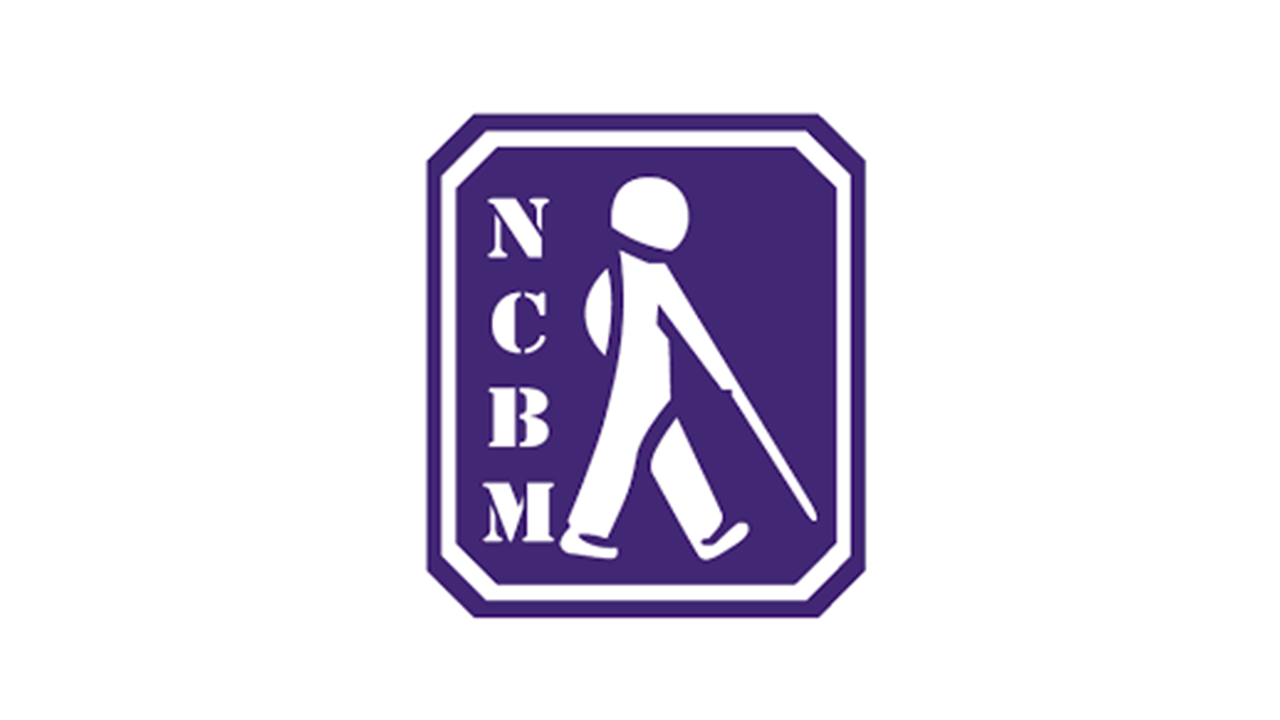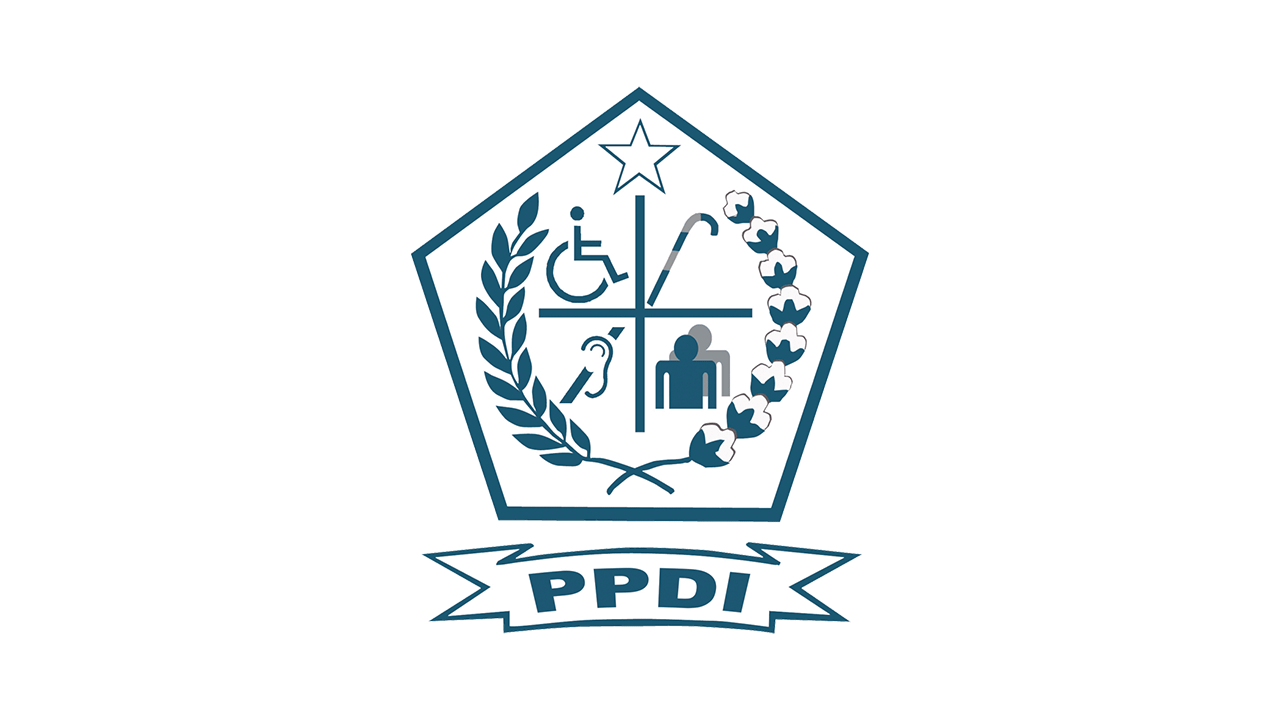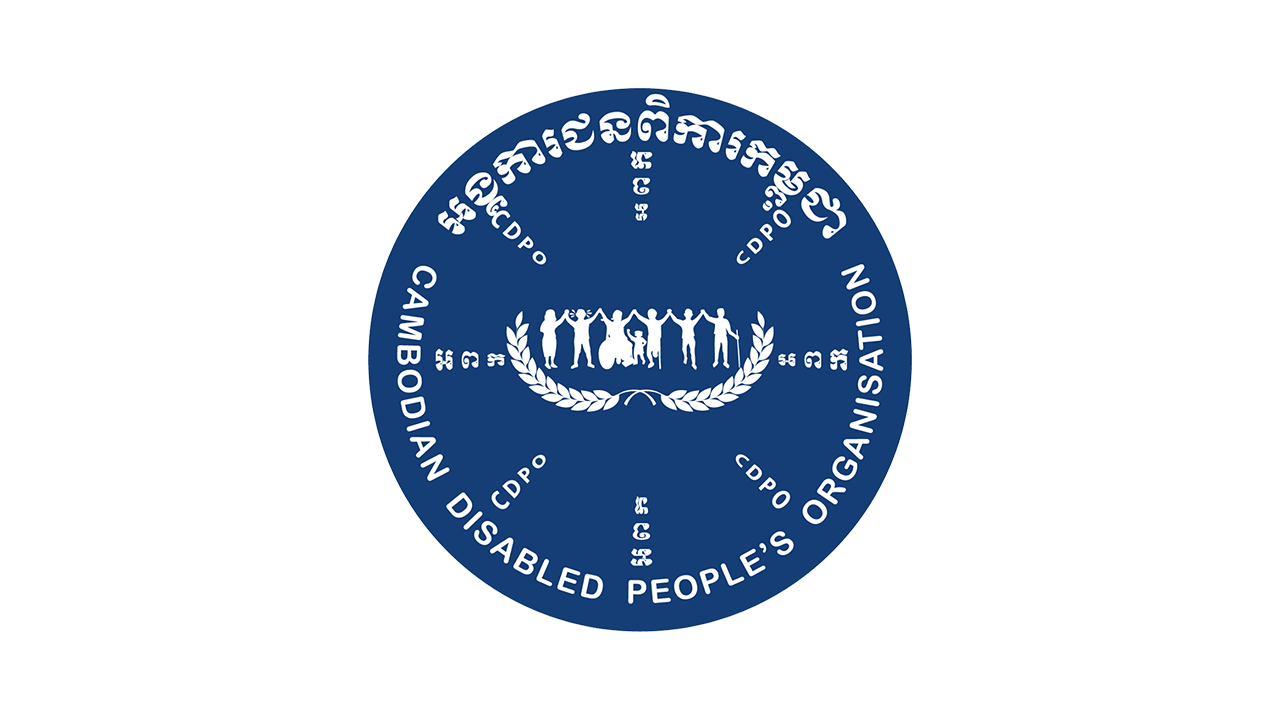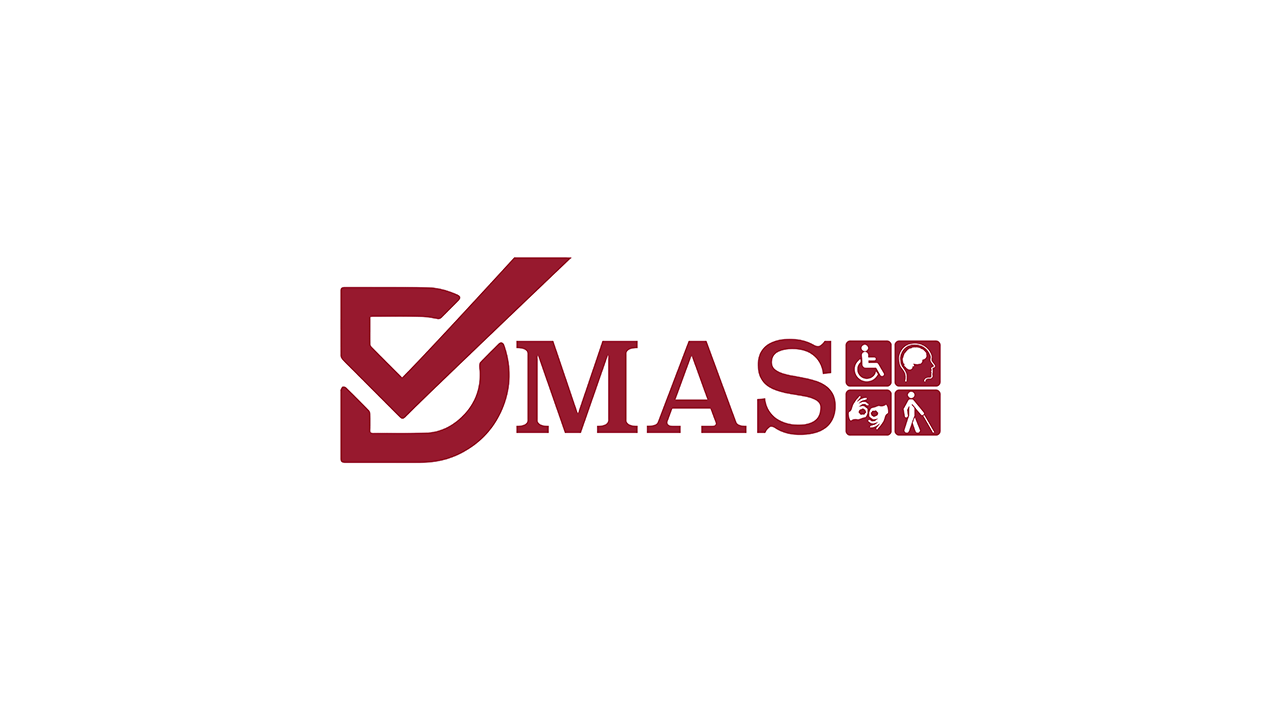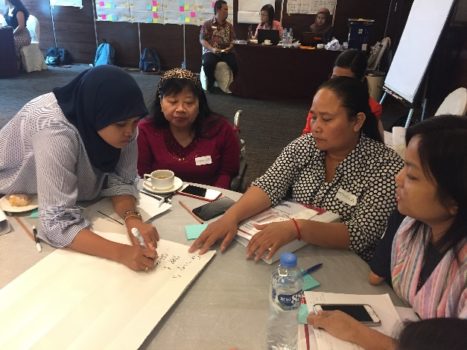
The estimated 90 million Southeast Asians with disabilities encounter attitudinal, communication, environmental and institutional barriers as they take part in the lives of their communities. In December 2018, the Association of Southeast Asian Nations (ASEAN) launched a new plan to integrate human rights of persons with disabilities into the ASEAN Community framework. The ASEAN Enabling Masterplan 2025: Mainstreaming the Rights of Persons with Disabilities builds on the region’s commitments to create a barrier-free community.
Because the Masterplan builds on prior commitments of member states, such as the CRPD, it will be a critical document for generating strategic collaboration among ASEAN officials, national governments, and disabled people’s organizations (DPOs). The ASEAN Enabling Masterplan 2025 can be used to mobilize resources and create partnerships to amplify disability rights voices.
Demonstrating their commitment to disability inclusion, all ten ASEAN member states have ratified the United Nations Convention on the Rights of Persons with Disabilities (CRPD). The Masterplan translates principles from global human rights documents such as the CRPD and from the UN Sustainable Development Goals into actions aligned with the ASEAN Community’s development blueprints.
With the introduction of the Masterplan, disability rights will transform from a topic mainly addressed in ASEAN’s Social-Cultural division to a priority woven into the programming of other ASEAN divisions that are working on a range of issues including regional economic development and integration, political security concerns, access to justice, and human rights. The Masterplan includes continuous consultation and collaboration with stakeholders and direct reporting channels to ASEAN’s leadership to ensure that its recommended actions are prioritized across the organization.
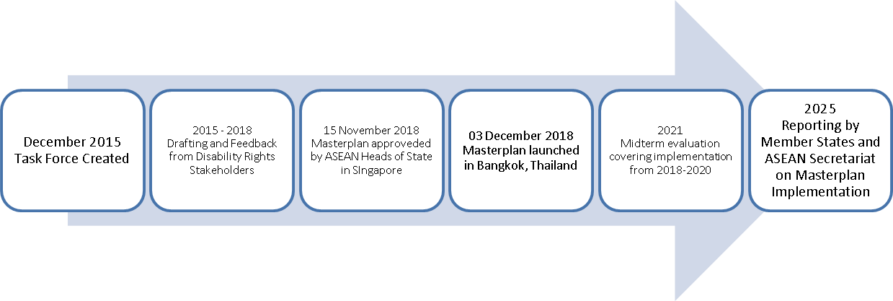
Who is implementing the Masterplan?
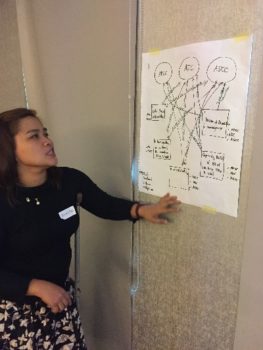
After the Masterplan’s launch in December 2018, ASEAN and its member states will be responsible for implementing the Masterplan by 2025. ASEAN’s three pillars – Social-Cultural, Economic and Political-Security – will each report on progress integrating disability rights into their work. The ASEAN Secretariat is responsible for collecting information on implementation.
- Member States: Create an enabling environment through policy guidance and capacity building of responsible officials
- ASEAN Pillars and Ministerial Groups: Create workplans, implement projects, and evaluate progress toward achieving Masterplan objectives
- ASEAN Secretariat: Report on the progress made by member countries
- DPOs: Engage in advocacy, implementation of projects, monitoring and evaluation exercises and regional sharing of good practices
What is in the Masterplan?
Because the Masterplan serves as an overlay, emphasizing principles from the CRPD adopted by ASEAN Member States, officials and advocates will already be familiar with much of the content. Translating principles into action, the Masterplan aims to ensure political, social, and economic empowerment; independence, freedom of choice, and equal access for persons with disabilities in all areas of life.
The Masterplan’s 76 proposed priority action points empower all ASEAN bodies to ensure the rights of persons with disabilities are factored into their section of the ASEAN Community Blueprints. The Masterplan spans disability-inclusive participation in political and economic life, society and culture, and the environment.
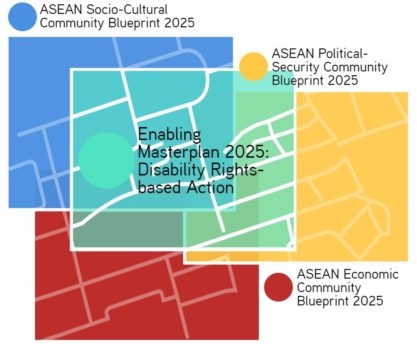
| Example Blueprint Priority Area | Related Masterplan Action Point | |
|---|---|---|
| Strengthen democracy, good governance, the rule of law, promotion and protection of human rights and fundamental freedoms as well as combat corruption | Ensure meaningful participation of persons with disabilities in national policy discussions and policy formulation processes | |
| Promote and protect human rights, fundamental freedoms and social justice to ensure our peoples live with dignity, in peace, harmony and prosperity | Develop user-friendly disability- inclusive system to access information and resources on reasonable accommodation, and the rights of persons with disabilities in accessing court services, procedures, and facilities |
Masterplan Built through Innovative Internal and External Consultation
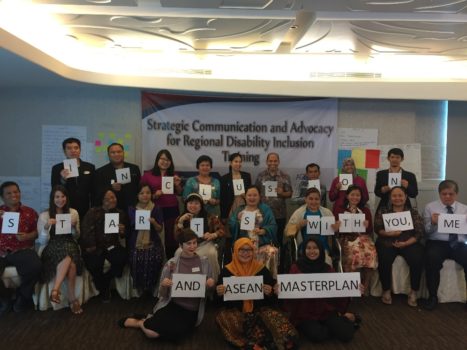
The Masterplan was created by an inter-divisional ASEAN task force that was co-chaired by the ASEAN Intergovernmental Commission on Human Rights (AICHR) and the Senior Officials Meeting on Social Welfare and Development (SOMSWD). The task force also included representatives from the ASEAN Commission on the Promotion and Protection of the Rights of Women and Children (ACWC).
Recognizing the value of adding voices from citizens across the region, the Task Force solicited input from DPOs from all ten ASEAN member states. With the support of the General Election Network for Disability Access (AGENDA) with funding provided by the Australian Department of Foreign Affairs and Trade (DFAT), these DPO coordination meetings centralized feedback from a diverse disability community. The task force made numerous revisions to the structure and content of the Masterplan based on key stakeholder input communicated through these stakeholder engagement and consultation opportunities.




